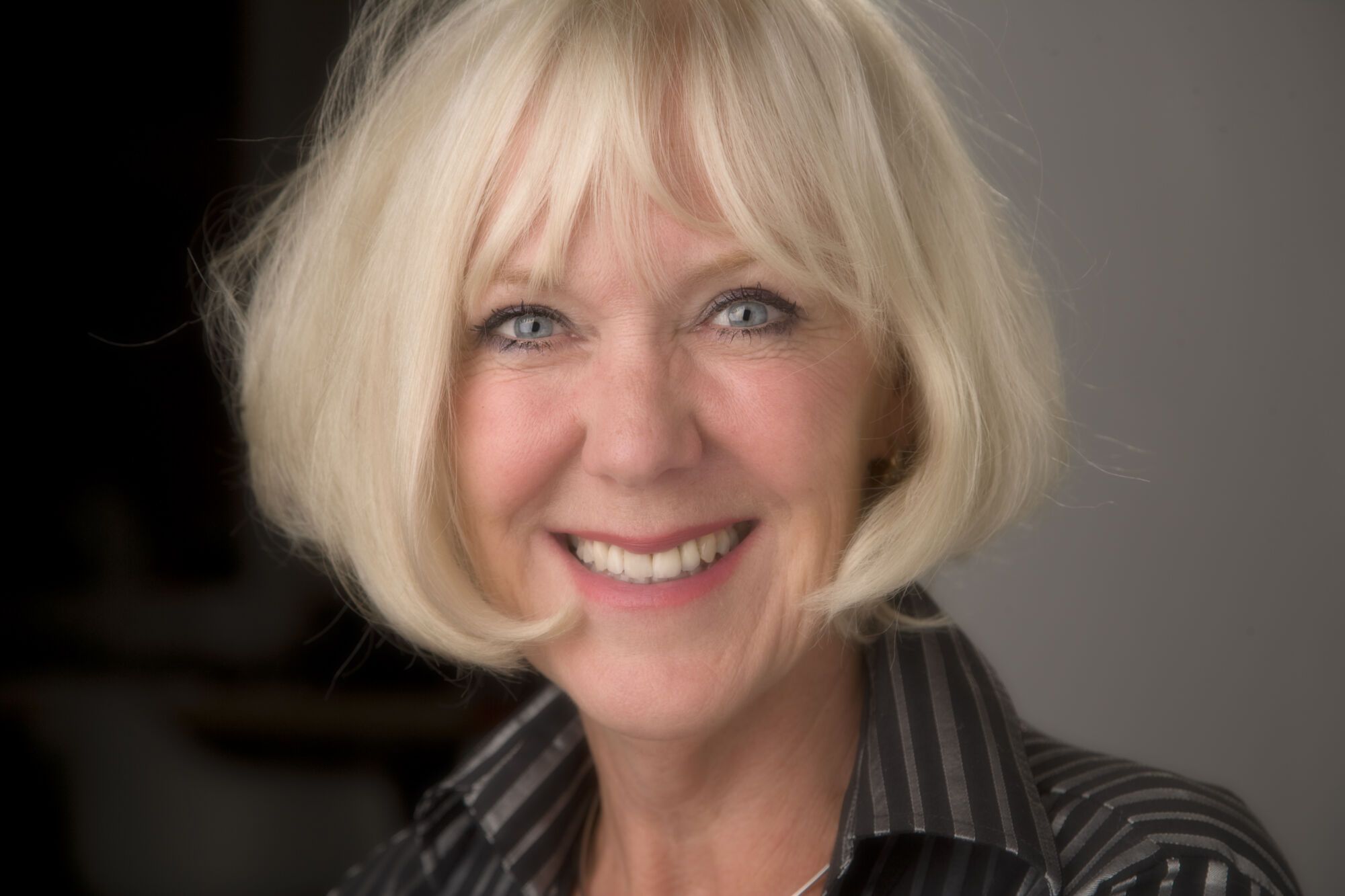Children of non-Western immigrants are now nearly as educated as their Danish counterparts, according to new figures from Statistics Denmark.
The study found that it is particularly the daughters of non-Western immigrants who have contributed to minimising the education gap between the descendants of immigrants and ethnic Danes. In 2002, 43 percent of immigrant daughters were taking an education at the age of 22. That figure increased to 61 percent by 2012, which is comparable to the 63 percent rate of 22-year-old Danish women who are receiving an education.
Beatrice Schindler Rangvid, a senior researcher at welfare research centre Det Nationale Forskningscenter for Velfærd, believes that it won’t be long before immigrant women pass their Danish counterparts when it comes to education.
“They see education as their way to get ahead in life and find their place in Danish society,” Rangvid told Fyens Stiftstidende newspaper. “They don’t partake in much leisure activity, so it’s not odd that they focus on their education.”
While the sons of non-Western immigrants are not faring as well as their sisters, they too are closing the gap on their Danish peers. Drop-out rates remain high for male descendants of non-Western immigrants, but 46 percent of them are taking an education at the age of 22, a figure that is similar to their male ethnic Danish classmates, who are at 49 percent. This also represents a significant increase over a decade ago. In 2002, just 29 percent of the male descendents of non-Western immigrants were receiving an education at the age of 22, while 38 percent of 22-year-old Danes were studying.
“It’s particularly in the vocational educations that [male descendents] struggle. It’s difficult to predict how successful they will be but with the girls, indications are that we are moving in the right direction,” Rangvid told Fyens Stiftstidende.
Bente Højer, a pedagogic specialist, has researched how to guide the descendants of immigrants in the educational system.
“The challenge is in guiding and counselling each individual based on their qualifications and skills. But counselling is also about confrontation," Højer told Fyens Stiftstidende. "It’s about helping them but it’s important to make them think about consequences as well.”
The statistics are part of a 112-page publication called 'Indvandrere i Danmark 2012' ('Immigrants in Denmark 2012') which can be read here (in Danish).













